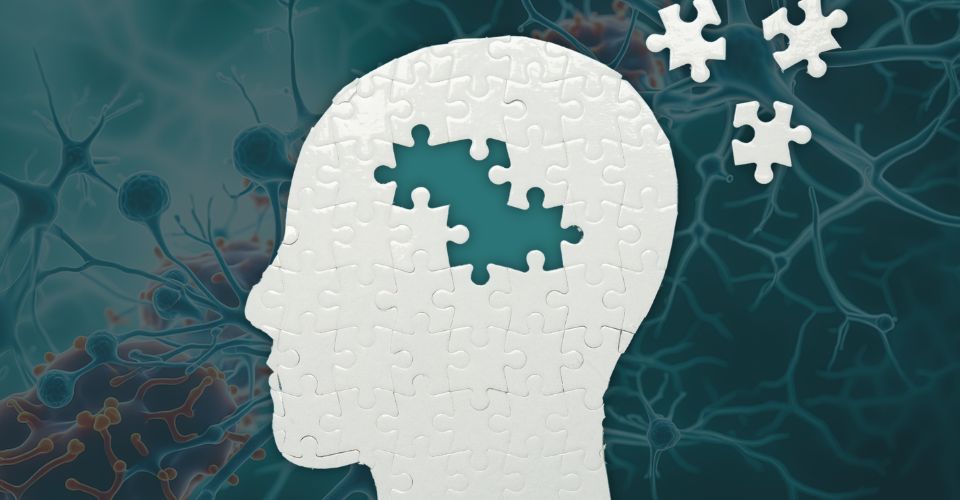New research has shed light on how individuals who have recovered from a major depressive episode process information differently, potentially increasing their risk of relapse. The study on side effects of past depression, a comprehensive meta-analysis of various research, reveals that individuals with a history of depression tend to dwell on negative information for longer durations and give less attention to positive data, in contrast to those who have not experienced such episodes.
This cognitive pattern may have significant implications for their mental health, suggesting that solely reducing negative information processing might not be sufficient in preventing relapse. Instead, strategies to enhance the processing of positive information may be equally crucial.
Depression, a widespread mental health concern, affects millions of people worldwide. While overcoming a depressive episode is undoubtedly an achievement, it doesn’t necessarily mean that the impact of depression is entirely eliminated.
This new research, published by the American Psychological Association, highlights the cognitive differences in individuals with a history of depression and how these differences could influence their risk of relapse.
The study’s lead author, Dr. Alainna Wen, a postdoctoral scholar at the Anxiety and Depression Research Center at the University of California, Los Angeles, explains, “Our findings suggest that people who have a history of depression spend more time processing negative information, such as sad faces, than positive information, such as happy faces, and that this difference is greater compared to healthy people with no history.
Because more negative thinking and mood and less positive thinking and mood are characteristic of depression, this could mean that these individuals are at a greater risk for having another depressive episode.”
Understanding the Side Effects of Past Depression
The research conducted by Dr. Wen and her team delves into the cognitive processes of individuals who have experienced major depressive episodes and how these processes differ from those of individuals who have not faced such challenges.
It’s known that people with a history of depression often exhibit more negative thinking and mood, which are central characteristics of the condition. However, this study provides valuable insights into the specific nature of this cognitive bias and its implications.
In the study, Dr. Wen and her colleagues conducted a comprehensive analysis of various research projects that explored the cognitive patterns of depression survivors. By synthesizing findings from multiple studies, they could draw more robust conclusions about the cognitive differences exhibited by individuals with a history of depression.
The study also highlights the importance of tailoring mental health interventions to address the unique needs of depression survivors. Rather than adopting a one-size-fits-all approach, treatment plans and strategies should be adapted to consider the cognitive patterns and information processing biases that are characteristic of individuals with a history of depression.
By incorporating the promotion of positive information processing into treatment plans, mental health professionals can help their clients build a more balanced and resilient mindset. This, in turn, can reduce the risk of relapse and contribute to long-term mental well-being.
The research conducted by Dr. Alainna Wen and her team offers valuable insights into the cognitive patterns of individuals who have experienced major depressive episodes.
By revealing the propensity for increased negative information processing and decreased attention to positive information, the study sheds light on the cognitive differences that could influence the risk of relapse in depression survivors.
These findings underscore the need for a shift in focus within the mental health field, moving from a sole emphasis on reducing negative information processing to a more balanced approach that includes the enhancement of positive information processing.





















